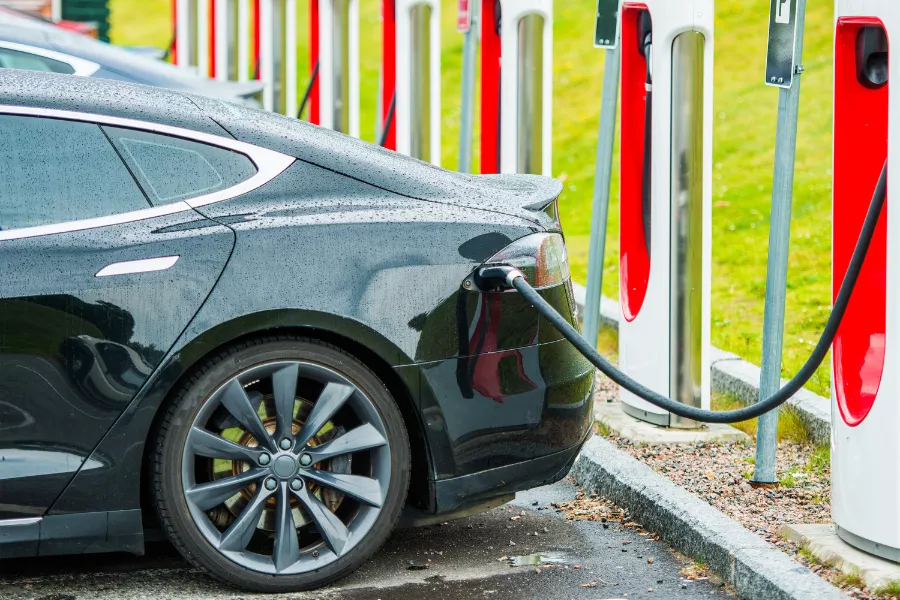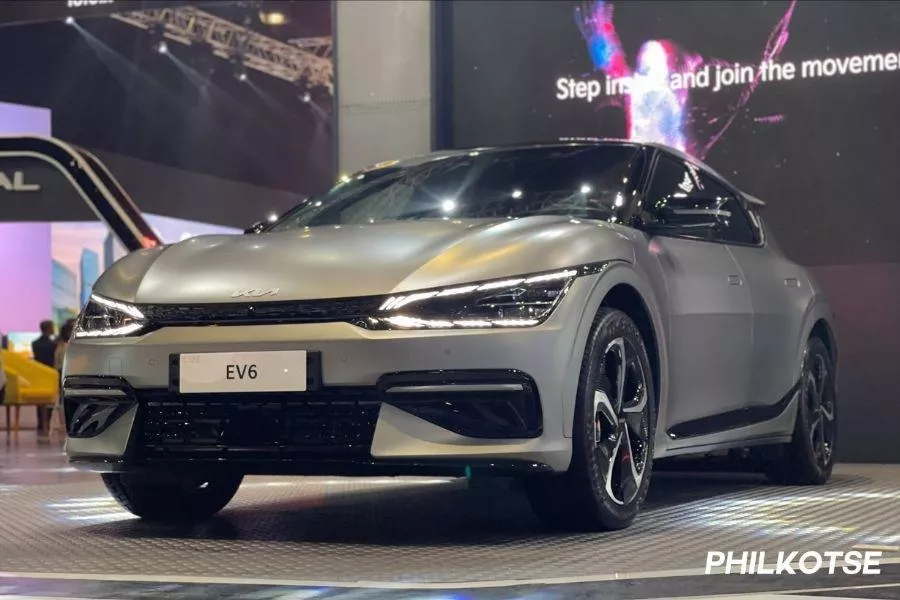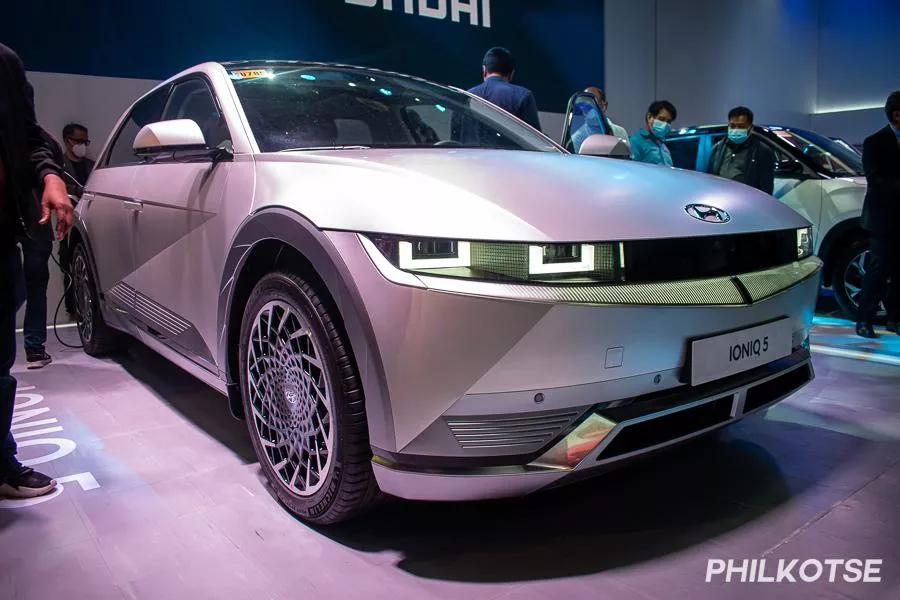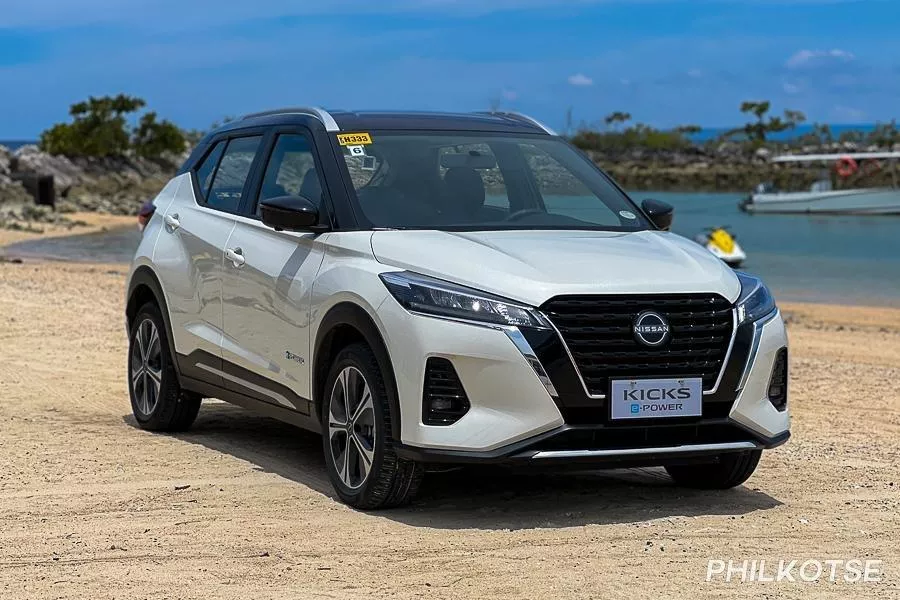Electric vehicles (EV) are the future of mobility. A testament to this is the current global trend that’s forcing car manufacturers to make the electric shift.
 Electric vehicles are becoming more popular
Electric vehicles are becoming more popular
Countries supporting the ban on cars powered by an internal combustion engine (ICE) is becoming more apparent, which results in making the EV shift a reality. As such, car brands are on the move in making changes in their respective vehicle lineup by producing a more eco-friendly form of transport.
Developed countries are leading the charge for the EV shift. European countries, the United States, and even some Asian countries are gearing up for the said shift. However, a full transition to electric-powered mobility might be a challenge to countries such as the Philippines. The reason being is the lack of EV infrastructure in the country.
The EV shift is not a negative move. However, the concern lies in the readiness of a certain market. The lack of infrastructure for charging EVs is one of the main hurdles when you look into the Philippine market. Without the said infrastructure, range anxiety will most likely prevent Filipino car buyers to make the shift.
Another cause of concern is the price as EVs in the Philippines are not cheap. The price difference is steep as compared to combustion-powered cars you can buy in the Philippines.
 Kia EV6
Kia EV6
During the 8th Philippine International Motor Show (PIMS), Kia and Hyundai highlighted their respective EVs, which are the EV6 and the Ioniq 5, respectively. While it has generated market interest, the price of each EV might be a hard pill to swallow for the majority of local buyers.
The Kia EV6 is said to come with a price tag that’s under Php 4 million while the Hyundai Ioniq 5 is pegged to retail somewhere from Php 3.1 million to Php 3.6 million. Both EVs are set to be on sale in the Philippines in 2023.
 Hyundai Ioniq 5
Hyundai Ioniq 5
The EV6 and the Ioniq 5 boast a distinctive design that definitely pops out from the sea of cars in the Philippines today. It also comes with notable specs and an electric range that can reach up to 500 km on a single charge. While it has the looks and the specs to boast, it still boils down to the vehicle’s respective price tag. Clearly, and as of this writing, EVs might not be an option for mainstream car buyers in the Philippines.
This is where hybrid vehicles come into the picture. These types of cars combine an electric drive system and an internal combustion engine.
Toyota Motor Philippines has several hybrid models in its current lineup such as the Corolla Altis, Corolla Cross, Camry, among others. The Corolla Altis Hybrid starts at Php 1,595,000 while the Corolla Cross Hybrid has a starting price of Php 1,665,000.
Nissan Philippines is also offering an enticing option with the launch of the Kicks crossover. The Nissan Kicks is equipped with e-Power technology that comprises an electric motor, a lithium-ion battery, and a 1.2-liter 3-cylinder gasoline engine.
 Nissan Kicks
Nissan Kicks
The gasoline engine charges the battery pack, which then gives power to the Kicks’ electric motor. Then, the electric motor delivers power directly to the wheels. Through this setup, the Nissan Kicks promises to give better fuel efficiency since the gasoline engine is just there to charge the electric motors. It is the electric motors that power the Kicks, and think of the gasoline engine like a power bank.
The Nissan Kicks is available in the Philippines in three variants. All variants are equipped with the car brand’s e-Power technology. Pricing starts at Php 1,209,000.
That said, do you consider owning an EV? Or are you still waiting for the local market to be more equipped and ready for the said electric shift? Cast your vote now in Philkotse’s Poll of the Week.
Recent posts
- Hyundai Ioniq 5 2022 PIMS Sep 15, 2022
- PIMS 2022 BMW iX Sep 15, 2022
- PIMS 2022 Kia EV6 Sep 15, 2022
- Nissan Kicks e-Power Philippine debut Aug 12, 2022










